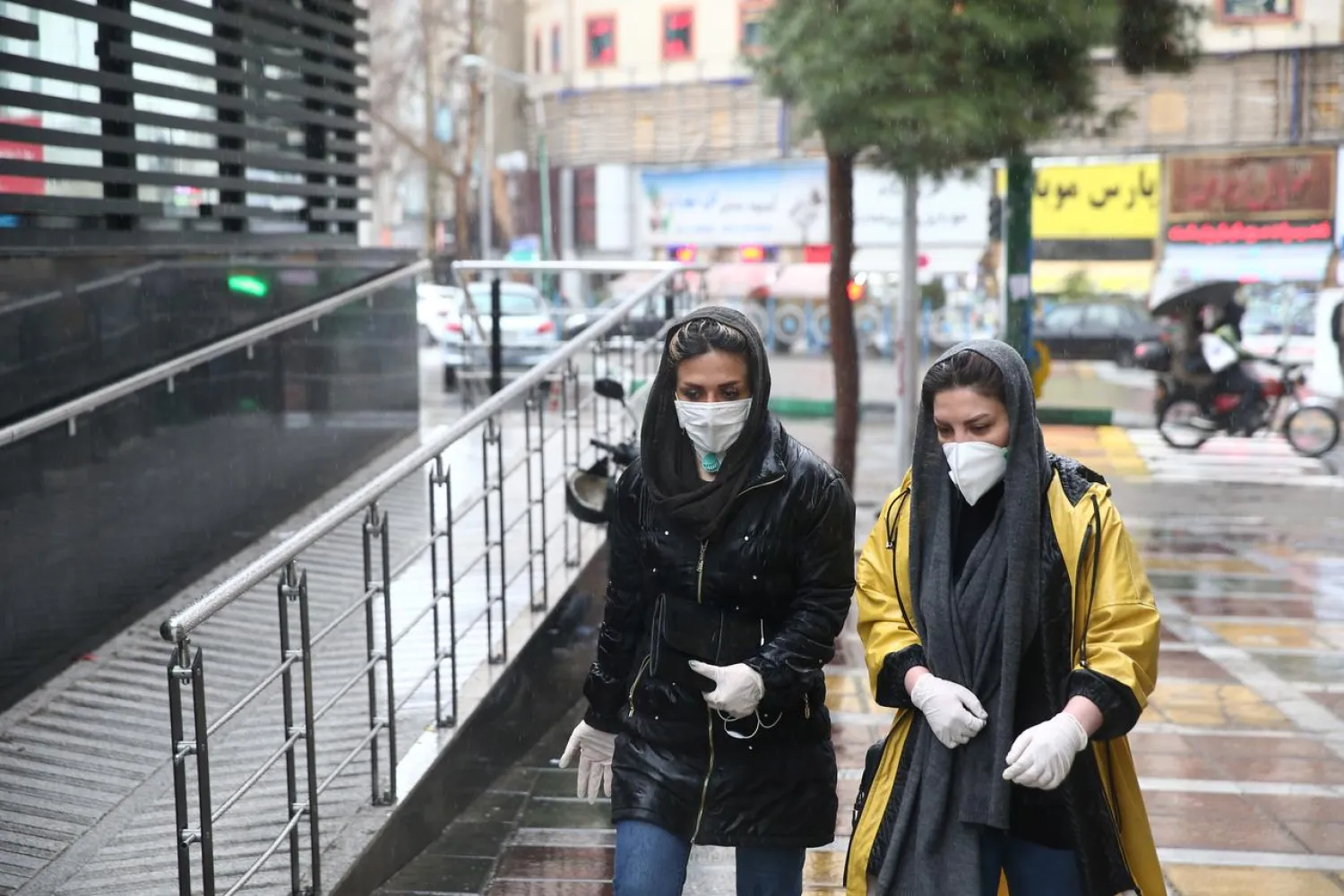Iranian President Hassan Rouhani said on Sunday that mosques will be reopened in parts of the country that have been consistently free of the coronavirus outbreak.
He said the country will be divided up into white, yellow and red regions based on the number of infections and deaths.
Activities in each region will be restricted accordingly, so an area that has been consistently free of infections or deaths will be labelled white and mosques could be reopened with Friday prayers resuming, Rouhani said.
Iran, one of the Middle Eastern countries hardest hit by the pandemic has see a resumption of movements by Iranians to shops, bazaars and parks over the past week as the country eases coronavirus restrictions.
This comes amid a daily increase in the death toll below 100 since April 14, Reuters reported.
On Sunday, Health Ministry spokesman Kianush Jahanpur told state TV that the toll rose by 60 over the past 24 hours to 5,710 with 90,481 confirmed cases.
Seeking a balance between protecting public health and shielding an economy already battered by sanctions, the government has refrained from imposing the kind of wholesale lockdowns on cities seen in many other countries, Reuters reported.
Meanwhile, it has extended closures of schools and universities and banned cultural, religious and sports gatherings.









